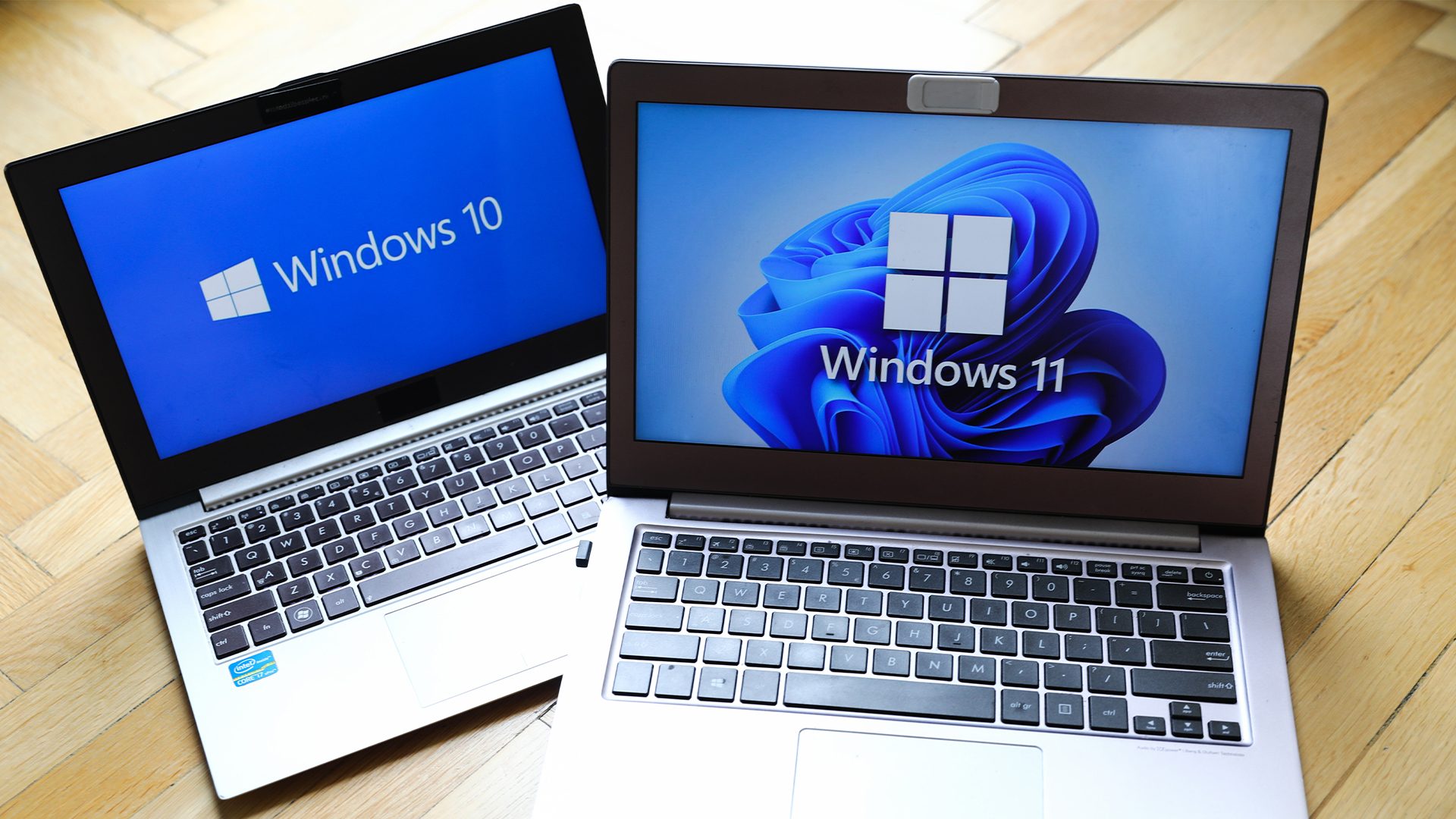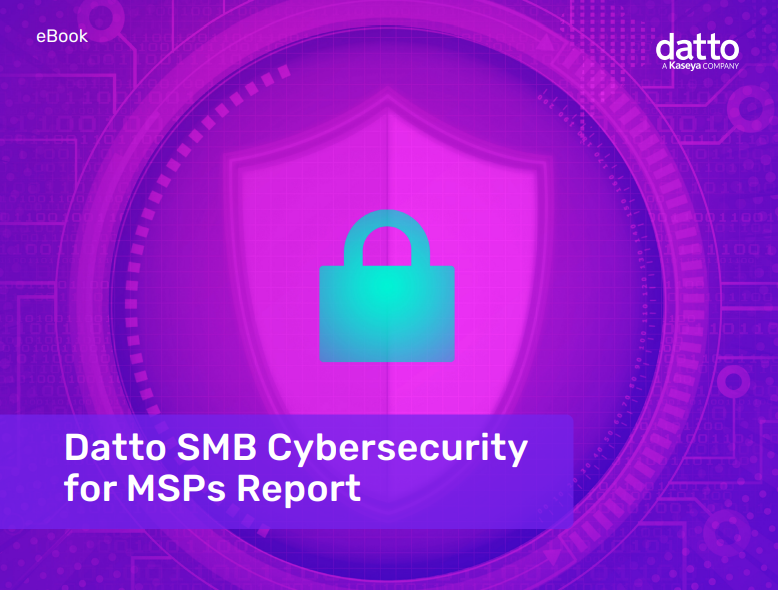Hackers target MSPs to launch ‘supply chain’ ransomware attacks
Kaseya and Webroot blame customers’ poor cyber security hygiene for letting attackers into their systems


Businesses are being infiltrated by cyber criminals who are actively exploiting weak account credentials to gain access to systems installed by managed service providers (MSPs) and launch ransomware attacks.
Hackers have targeted customers via the remote monitoring and management tools provided by at least two companies, Webroot and Kaseya, in order to deploy the Sodinokibi malware, according to reports via Reddit.
Further investigation by security company Huntress Labs uncovered that MSPs were being targeted with the ransomware by exploiting remote desktop protocol (RDP) for initial access.
In two incidents, after gaining admin privileges the attackers then uninstalled Webroot and ESET software, as well as endpoint-based backup Veeam.
In another report, the firm found that Webroot's management console was used to execute a PowerShell based payload to download additional malware. Kaseya's VSA was also used to deliver Sodinokibi in a separate incident.
The scale of the incident is not fully known, but Huntress Labs suggest it could affect thousands of clients. The affected MSP, which has not been named publicly, is being offered technical assistance from Huntress Lab's CEO.
UBX Cloud, the company which originally created a thread about these reports, described the situation as "insanity" and suggested several Kaseya customers were affected according to a conference call.
Get the ITPro daily newsletter
Sign up today and you will receive a free copy of our Future Focus 2025 report - the leading guidance on AI, cybersecurity and other IT challenges as per 700+ senior executives
Both Webroot and Kaseya have confirmed a portion of their customers have been infiltrated by threat actors, and have pointed the finger at inconsistent and lax password management. The integrity of their own products has apparently not been affected.
"We all know that two-factor authentication (2FA) is a cyber hygiene best practice, and we've encouraged customers to use the Webroot Management Console's built-in 2FA for some time," Webroot's senior vice president of products Chad Bacher said on Reddit.
"Recently, Webroot's Advanced Malware Removal team discovered that a small number of customers were impacted by a threat actor exploiting a combination of customers' weak cyber hygiene practices around authentication and RDP."
The company has decided, as a result, to initiate a console logout for those using its tools and release a software update that enables 2FA by default across all clients.
"We are aware of limited instances where customers were targeted by threat actors who leveraged compromised credentials to gain unauthorized access to privileged resources," Kaseya CTO John Durant told Dark Reading.
"All available evidence at our disposal points to the use of compromised credentials."
The rise of such supply chain cyber attackers were previously flagged by a National Cyber Security Centre (NCSC) report released last year. A large number of MSPs were subject to attacks in 2017, with the report suggesting when done well, these compromises are extremely difficult and sometimes impossible to detect.

Keumars Afifi-Sabet is a writer and editor that specialises in public sector, cyber security, and cloud computing. He first joined ITPro as a staff writer in April 2018 and eventually became its Features Editor. Although a regular contributor to other tech sites in the past, these days you will find Keumars on LiveScience, where he runs its Technology section.
-
 Dragging your feet on Windows 11 migration? Rising infostealer threats might change that
Dragging your feet on Windows 11 migration? Rising infostealer threats might change thatNews With the clock ticking down to the Windows 10 end of life deadline in October, organizations are dragging their feet on Windows 11 migration – and leaving their devices vulnerable as a result.
By Emma Woollacott
-
 Should AI PCs be part of your next hardware refresh?
Should AI PCs be part of your next hardware refresh?AI PCs are fast becoming a business staple and a surefire way to future-proof your business
By Bobby Hellard
-
 Orange Cyberdefense collaborates with Microsoft to release two new managed services
Orange Cyberdefense collaborates with Microsoft to release two new managed servicesNews New managed workspace protection and XDR offerings aim to help businesses “stay ahead of threats”
By Daniel Todd
-
 Microsoft 365 security checklist
Microsoft 365 security checklistWhitepaper A practical guide for the time-strapped admin
By ITPro
-
 Datto SMB cyber security for MSPs report
Datto SMB cyber security for MSPs reportWhitepaper A world of opportunity for MSPs
By ITPro
-
 MSSPs report a surge in customer demand for dark web intelligence
MSSPs report a surge in customer demand for dark web intelligenceNews Latest research finds that over half of MSSPs in the US and UK are now undertaking dark web monitoring
By Daniel Todd
-
 How MSPs can capitalise on SMBs' security spending spree
How MSPs can capitalise on SMBs' security spending spreeSponsored A single cyber attack can easily provide a death blow to SMBs and they’re now ready to spend their way to safety
By IT Pro
-
 Threat hunting for MSPs
Threat hunting for MSPsWhitepaper Are you ready to take your Managed Security Service to the next level?
By ITPro
-
 Beyond Identity strikes up strategic partnership with World Wide Technology
Beyond Identity strikes up strategic partnership with World Wide TechnologyNews WWT will implement Beyond Identity’s authentication platform internally while also acting as a global channel partner
By Daniel Todd
-
 ConnectSecure marks rebrand with new CEO appointment
ConnectSecure marks rebrand with new CEO appointmentNews Peter Bellini will lead the MSP formerly known as CyberCNS as it establishes US operations in Tampa, Florida
By Daniel Todd